STRAIGHTtalk: With Chip Truscon
Marquette, MI – A frank talk with a retired public health administrator, researcher and professor–and self-proclaimed Socialist–about radical politics, his love of Marquette, our future, and death.

Chip Truscon sits beside Lake Superior at Presque Isle in Marquette, MI. (photo by Ron Caspi)
BC: You were raised downstate. How would you characterize your childhood?
CT: Very unusual. My father was a family doctor and my mother sang
opera and light opera. She was singing in New York. My parents were
always gone. My dad was always delivering babies, my mother was always
off singing, so my grandmother, who was a socialist of sorts, was
responsible for raising me, and she was the one who gave me the fire
for justice and equality.
BC: You were an undergrad at Wayne State. Were you a radical then? A nerd?
CT: I was a radical nerd. I was a member of the W.E.B. Dubois club and
the Weathermen and I thought S.D.S. (Students for a Democratic
Society) was too liberal. I was also involved with S.N.C.C. (the
Student Nonviolent Coordinating Committee).
BC: Did you get into any trouble with the law back then?
CT: Well, aside from the usual “throw something over the fence and
watch police cars catch fire,” I also got investigated by the Secret
Service. I had sent a letter to President Nixon and I questioned how
he could be a Quaker, and told him he was a hypocrite and a war
monger. I was living in a house with several other people at the
time—we were hippies—and the Secret Service came to the house and
these two agents asked me to go out to their car and give them these
handwriting samples. I had to write “Richard Nixon, White House,
Washington DC” something like ten times. And then they went to my
parents and wanted to know if they had any guns in the house. Well, my
mother was really livid and she brought down my great great
grandfather’s Civil War rifle. (laughs) It was just a very paranoid
time. But they made it clear that I should never think about running
for political office.
BC: The military draft came along. What happened to you?
CT: I registered as a conscientious objector in high school and at
first I used my student deferment, but then I got drafted not once,
not twice, but three times. But I told them I hadn’t been afforded due
process and I wouldn’t step forward. I don’t think they wanted to deal
with a nut case, but the third time, I did spend about three days in a
cell of sorts and they made lots of idle threats. I told them then—and
I believe it now—that we all have to serve our country but in a way
that makes sense to our lives. I said I’d work in a hospital, I’ll do
anything you want but I won’t carry a gun nor will I be trained in
weaponry.
BC: How did you come to settle in Marquette?
CT: Well, in Ann Arbor, I had medical students, and there was this one
young lady (Karen, his second wife) who had long brown hair and talked
like she was fresh from the set of Garrison Keiller’s Prairie Home
Companion, and I was attracted to her. So we met, fell in love, and
there came a time when she was finishing her residency. She needed a
place to go. And I said, “Oh, I know this spot on Lake Superior!
Marquette. I’ll bet if I call someone, then you could get an interview
up there.” Well, at the time, my cousin was the CEO of the hospital so
it was kind of a set-up. So we came up here, she interviewed, and we
settled here.

Chip Truscon sits beside Lake Superior at Presque Isle in Marquette, MI. (photo by Ron Caspi)
BC: What was the appeal of Marquette to you?
CT: Well, I used to spend my summers up here when I was younger, so
when I’d walk down the streets of Marquette, I’d have all these
memories. Good memories. I see the houses and I remember the people I
once knew. Before we moved to Marquette, I had what I called my
Marquette dreams. In my dreams, I’d be trying to get out to the
island, and there’d be something preventing me from getting out there.
I’d get so frustrated! So the first day we moved back, in August of
1990, I took Karen out to the island seven times, and she said,
“What’s up with the island?!” I said, “I don’t know, I just have to be
here. It’s just in my DNA.”
BC: Karen worked as a doctor for 25 years at Marquette General but she
recently left. Why?
CT: She just became dissatisfied and discouraged and demoralized by
for-profit medicine. She could tell you a lot of stories about bad
things that have happened to her patients only because the hospital
didn’t give them access or there was a cost factor. There were times
that she was told she could not give free care, that that would be
grounds for revoking her staff privileges. Not exactly in those words,
but the message was clear.
BC: So you have strong views about medical care, about politics, and
about the environment. Have those feelings mellowed as you’ve gotten
older?
CT: Oh no, they’ve intensified. Especially with the environment. I’m
part of Save the Wild UP. I’ve always had an environmental side to my
activism. As a community, we should be talking about environmental
issues, and the issues around Eagle Mine are just astounding. I can’t
believe in this day and age we’re still resorting to this very
primitive extraction. All of the metals and minerals we need are
already there in landfills. We just need to separate them and recover
them.
BC: Are you angry about the role big money plays in our politics?
CT: Yeah, I think the democratic process has been diminished to the
point where it’s not really a democratic process anymore. It’s a
process that has the special interests, the lobbyists, and the
corporate money calling the shots.
BC: So you’ve clearly got a lot of concerns about our government…even
anger. But what is it in life that gives you joy?
CT: Well, music for sure. I’m addicted to going to community musical
events, be they plays or symphonic, orchestral works put on by the
high school and even the sixth graders. There’s something about that
experience that makes me feel so proud to be in Marquette. I think
“Where are we getting these kids?!” It seems like each year we produce
those amazing musicians. They just keep coming and coming.
BC: You’ve got three children (ages 16-40). Are you optimistic about
the world facing them?
CT: I’m not really optimistic but I don’t think we’re headed toward
the final judgment day either. From the media and from little
anecdotal snippets, you’d think the country is just poised on the
brink of disaster, but then you meet the kids, and your feelings
change. We went to a Rotary meeting recently and there were kids from
30 countries, and they were all just articulate and passionate and
talented. It was at that moment that I felt great relief because these
are the people who will influence the decisions that their countries
will make in the future.

BC: What about you as you look back on your life…any regrets?
CT: Yeah, I have a few of those, and they involve political activism.
I think back and realize I shouldn’t have been so strident. I probably
could have found more constructive outlets for my frustration with the
system.
BC: Finally, what do you think is next, at the end of your physical life?
CT: I have no fear of death. in my hospital career I’ve watched at
least 400 people die in a variety of settings, be it emergency rooms,
OR’s, intensive care units, so I have a very clear understanding of
what the last moments will be like. And I think this could be cool, it
could be a great adventure. And then there will be nothing. Nothing is
nothing. But I’m not worried about it.
BC: Thank you, Chip.






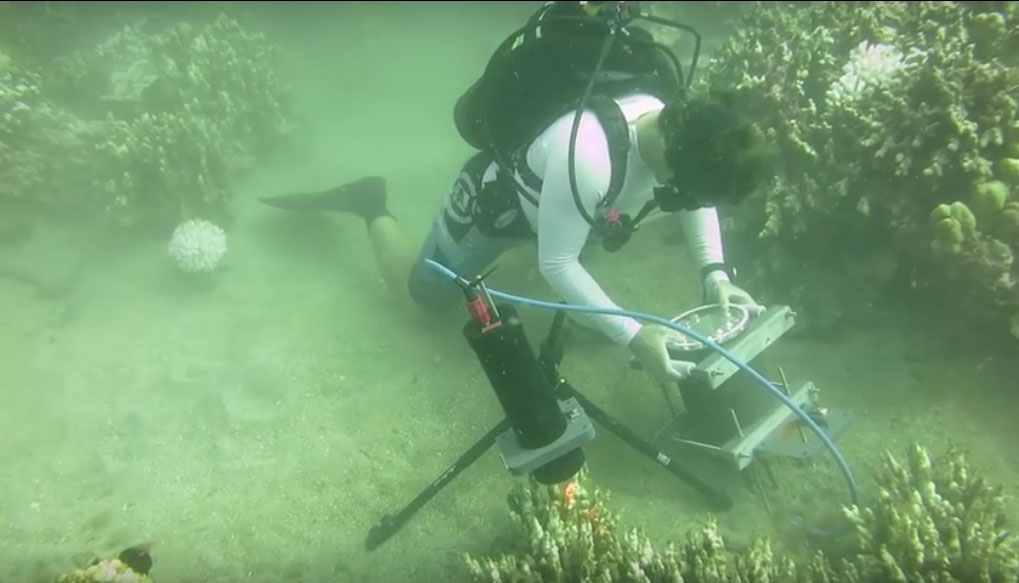
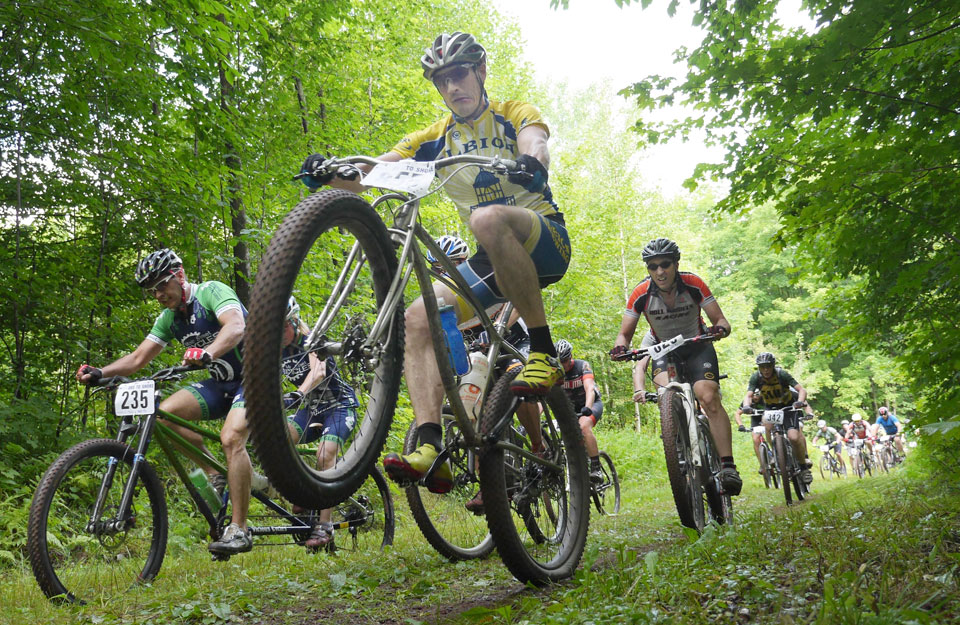
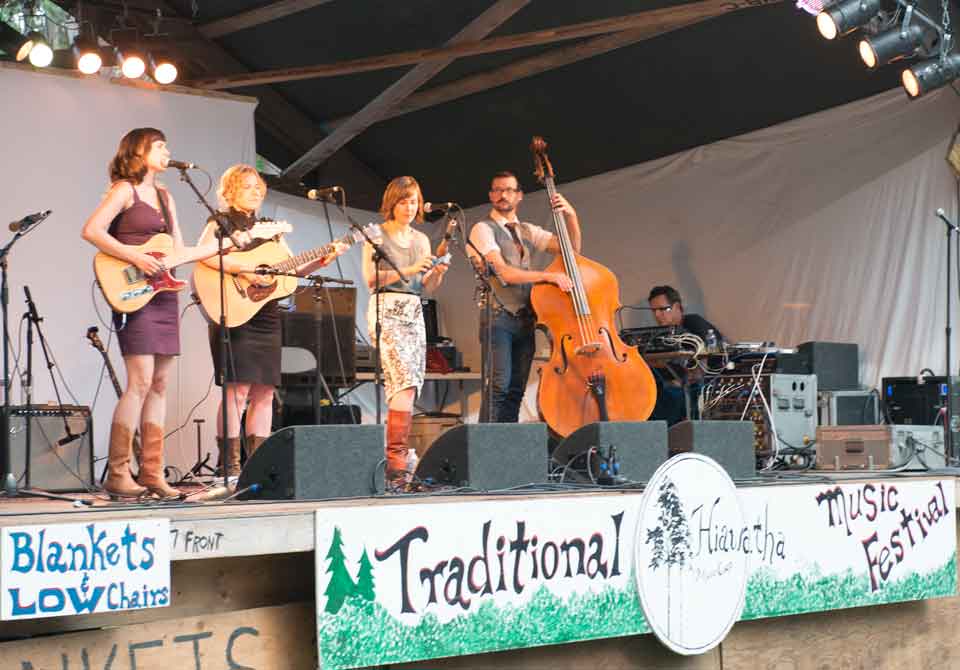
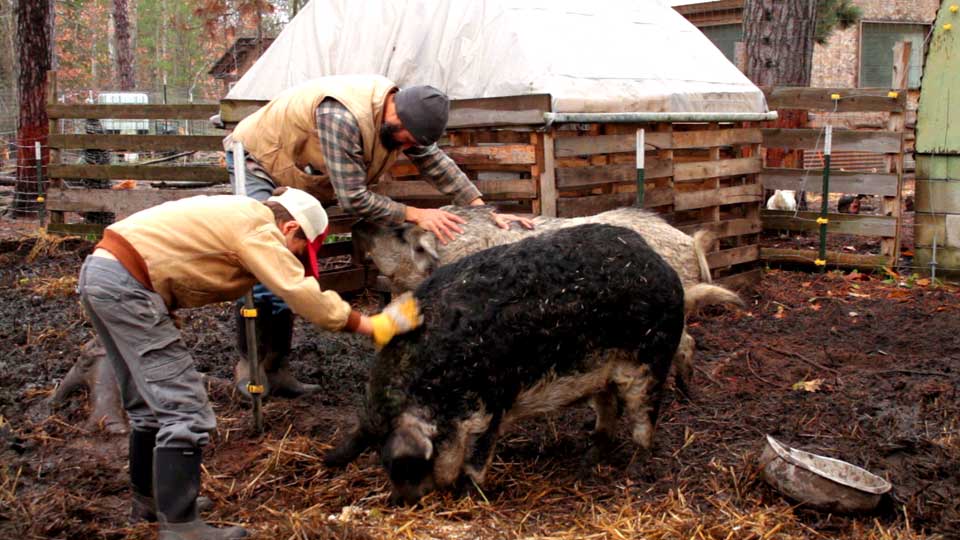

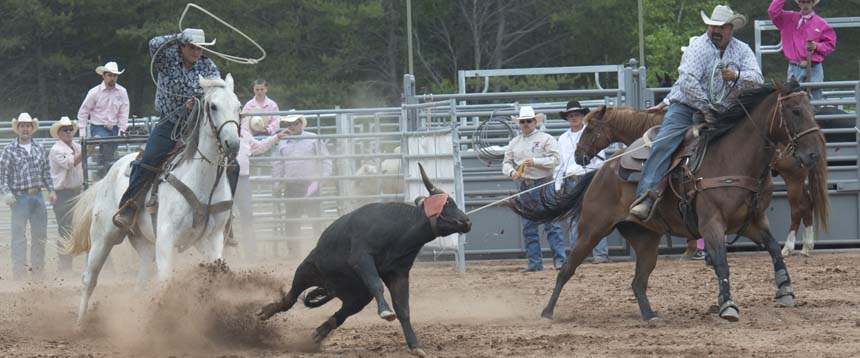
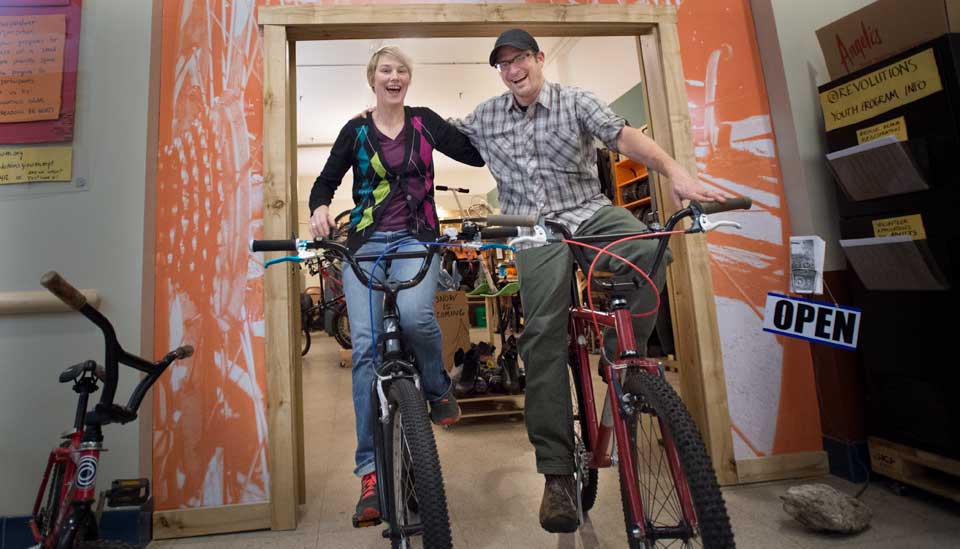
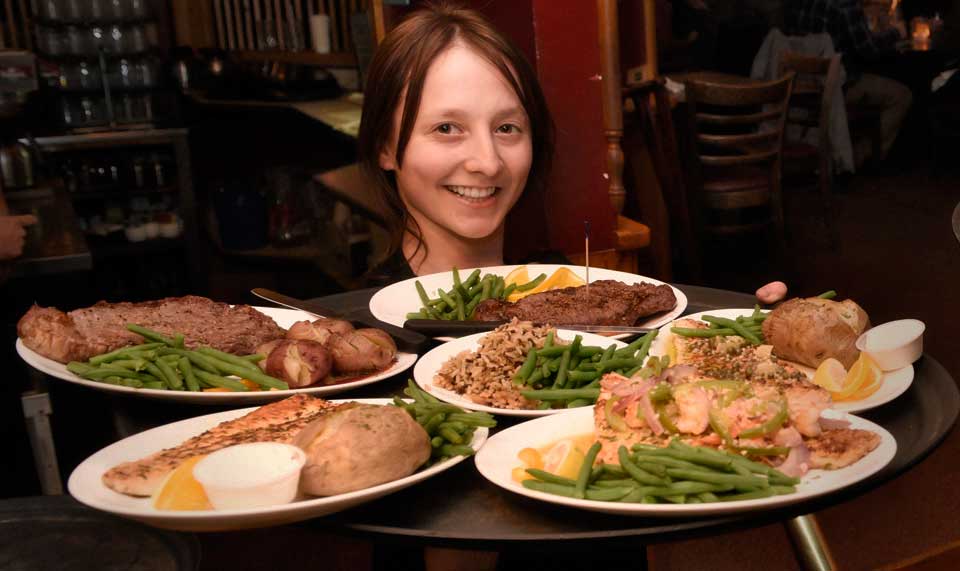
You must be logged in to post a comment Login